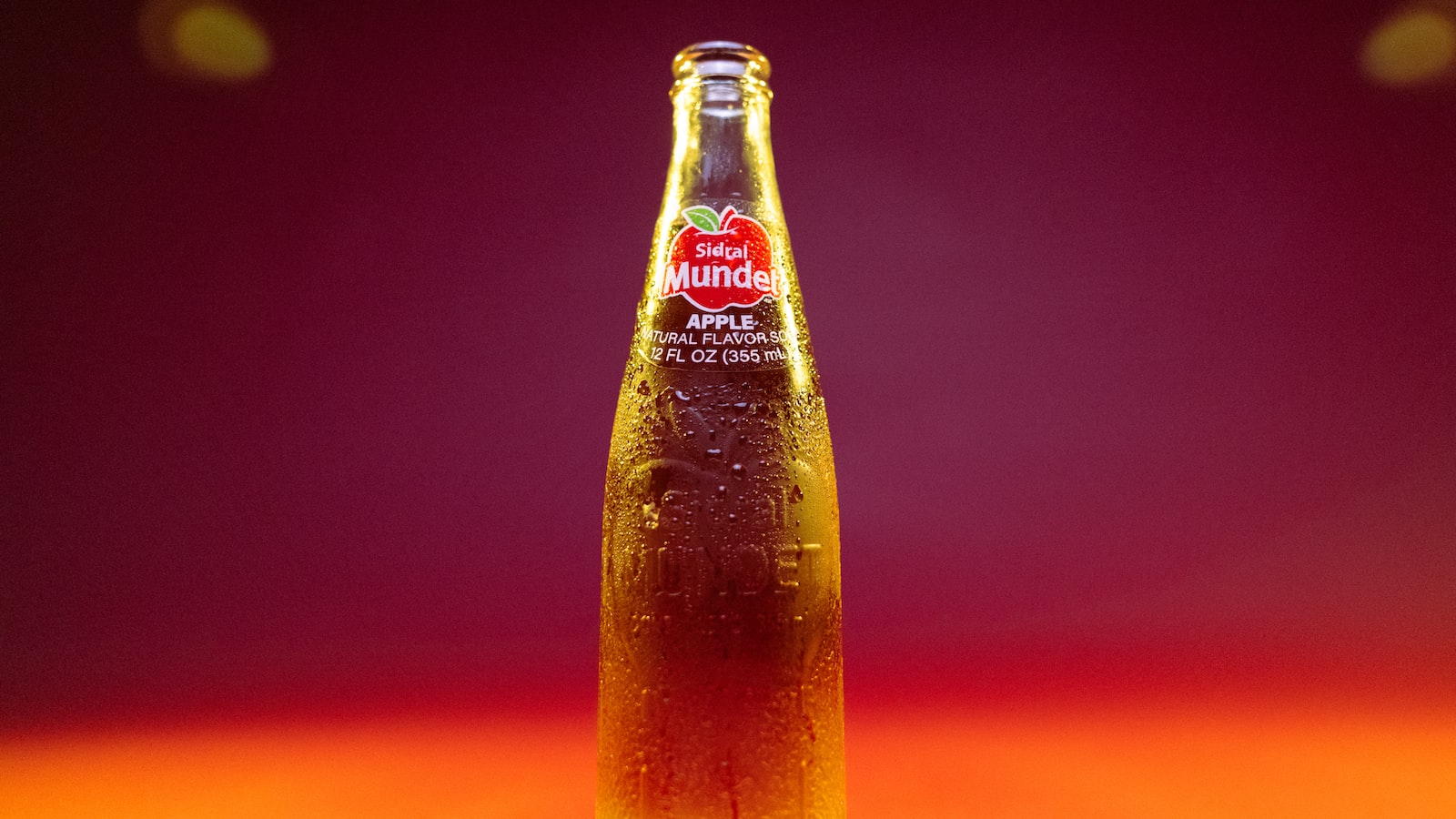The Big Problem with Drinking Diet Soda
Are you trying to cut back on your calorie intake and watch your waistline? Then you might have switched to diet soda, in the name of health. While it might have fewer calories than regular soda, there are some potential downsides to drinking diet soda that you should know about. Keep reading to find out what the big problem with drinking diet soda really is.
1. What Makes Diet Soda a Problem?
When navigating the supermarket aisles, diet soda may seem like a healthier alternative to regular soft drinks. Unfortunately, many diet drinks are still packed with harmful chemicals, even if they are free from sugar.
Artificial Sweeteners: Diet drinks use artificial sweeteners as a sugar substitute. One of the most common ingredients used is aspartame which has been linked to problems such as headaches, dizziness, and anxiety. Another artificial sweetener, sucralose, has been linked to diabetes and obesity.
Caffeinated: Diet drinks are also normally highly caffeinated, which is associated with various health issues like insomnia, nervousness, and rapid heartbeat. Also, caffeine can lead to stronger cravings for sugary snacks.
Diet Soda Addiction: Despite being sugar-free, the artificial sweeteners found in diet drinks can actually lead to an unhealthy sugar addiction. Sweeteners can alter the metabolism and change how the brain perceives sweetness. This can lead to an increased appetite for sweet foods since diet drinks do not actually satisfy the craving for sweet drinks.
Highly Acidic: Diet drinks are very acidic which can lead to enamel erosion of the teeth and acid reflux. Acidic foods can weaken the stomach lining and increase the risk of other health problems.
When deciding between diet and regular soft drinks, it’s best to look at the ingredients list for sugar and artificial sweeteners, as well as examine the acidity of the drink, before making your choice.
2. The Potential Health Impact of Diet Soda
Though diet sodas contain fewer calories than regular sodas, they still contain numerous additives and sweeteners that may have a potentially harmful effect on your health. It’s important to understand that diet soda could still have a negative impact on your body if consumed too frequently.
Some possible risks associated with drinking diet soda include:
- Weight gain
- Diabetes
- Increased risk of stroke or heart attack
One study conducted by the American Journal of Clinical Nutrition in 2009 found that participants who consumed a single can of diet soda each day for one year had a 58% higher risk of metabolic syndrome, a condition that is linked to obesity, diabetes, and heart disease.
Additionally, many of the sweeteners used in diet soda such as aspartame, sucralose, and acesulfame have been linked to various health problems. Aspartame, for example, has been linked to headaches, dizziness, and other neurological symptoms. Sucralose has been linked to an increase in blood sugar levels as well as digestive issues. Acesulfame has been linked to an increase in the risk of certain types of cancer.
Given the potential health risks associated with diet soda, it’s important to not overconsume these beverages. Instead, try to substitute them for healthier alternatives such as water, unsweetened tea, or low-calorie fruit juices.

3. Why Diet Soda Should be Avoided
1. More Deceptive than Thought: Although marketed as a healthier alternative, diet soda should be avoided. Multiple recent studies have indicated that this deceptive beverage can be just as, if not more, bad for you than regular soda.
2. Artificial Sweetener Effects: Studies have linked the artificial sweeteners used in diet soda to an increased risk of obesity and diabetes. This is because artificial sweeteners lead to a greater appreciation for sweet flavors, which can make it difficult to resist the temptation of sweeter desserts.
- Drinking diet soda can increase cravings for sugary snacks.
- Stevia-based sweeteners remain a healthier option as they are made from natural ingredients.
3. Downsides of Diet Soda: Although there are some purported benefits to diet soda, such as preventing tooth decay, studies have suggested that there are more risks associated with it, such as:
- Some studies on animals have suggested that diet soda can actually lead to weight gain, rather than weight loss.
- Chemicals such as aspartame can be detrimental to your overall health.
- They contain a lot of sugar-free additives which can be just as bad, if not worse, than traditional sugars for your health.
4. Ways to Cut Down on Diet Soda
Sugary, fizzy drinks are about as far as you can get from a health drink – but we can all be guilty of the occasional diet drink. Here are some top tips on how to cut down your diet soda:
- Dilute it – Instead of opting for a full sugar or full diet version, why not dilute it with some sparkling water? That way you’re still getting your soda hit, but fewer of the bad stuff!
- Choose alternatives – There are so many healthier alternatives out there for when you are in the mood for something sweet. Juice, tea, and even lemonade. Try the natural options to curb those cravings.
- Make your own – Making your own soda with natural sweetness sounds complicated, but is actually surprisingly easy. All you need is a bottle, water, and natural sweeteners like maple syrup.
- Reduce your intake – Easier said than done, we know. but the simplest way to cut down on diet soda is to just reduce how much you’re drinking. You don’t have to quit it cold turkey, just start gradually decreasing how much you have.
With a few changes, you’ll be back on track in no time!

Conclusion
So there you have it – the big problem with drinking diet soda. While it may seem like a healthier option than regular soda, it is important to consider the potential health risks and find alternatives that are better for your body. Thank you for reading, and remember to be mindful of the beverages you choose when trying to make healthy lifestyle decisions!
